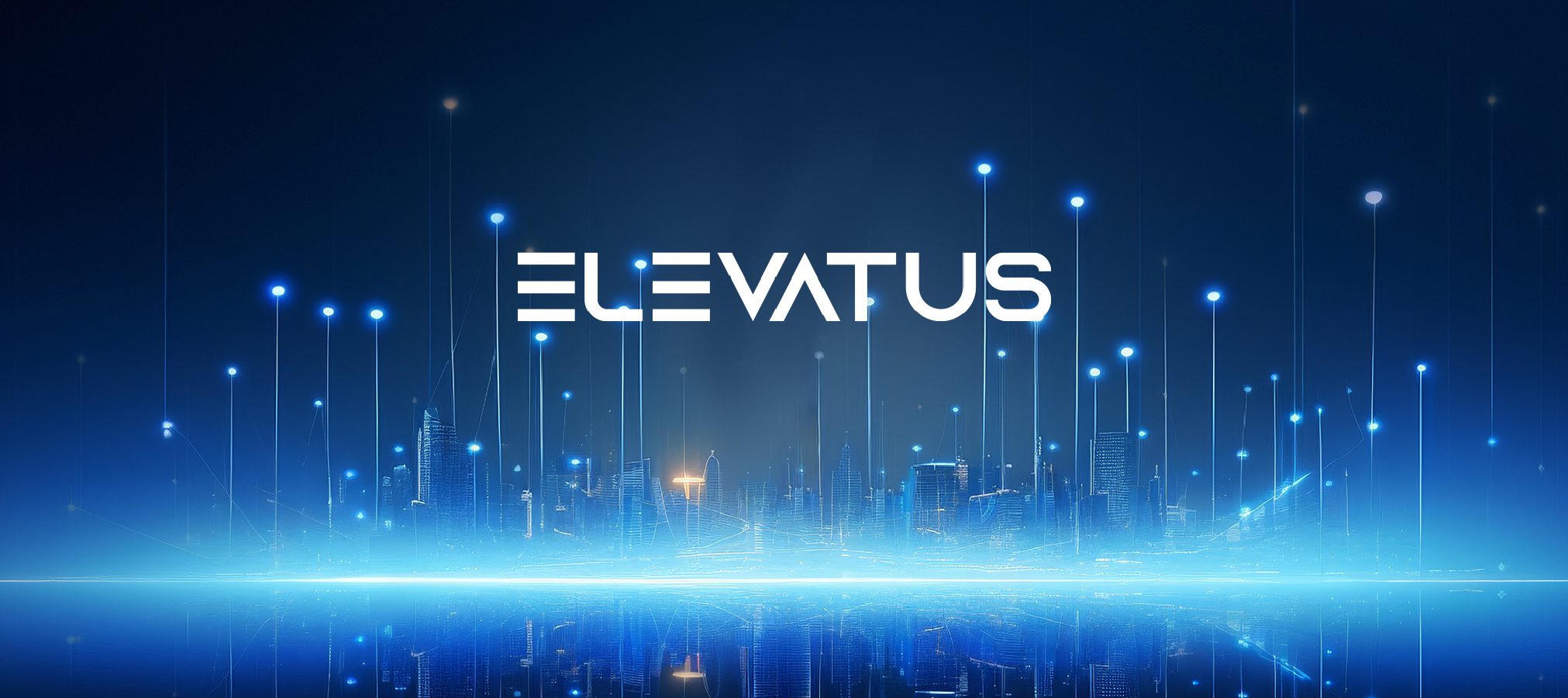
Recruitment Software
The Essential Role of Data Privacy Regulations in Using a Recruitment Management System
April 25, 2023



Kiran Kazim
Content Writer
Are you using a recruitment management system to find the perfect candidates for your team? Well, hold on to your hats because we’re about to talk about the essential role of data privacy regulations!
In today’s digital age, personal data is like gold, and it’s easier than ever to collect, process, and share it. But, as Spiderman’s Uncle Ben famously said, “With great power comes great responsibility.” And that’s where data privacy regulations swoop in to save the day!
In this blog, we’ll explore why following these regulations is crucial to ensure that your recruitment management system is being used in a responsible and ethical way. Trust us, by complying with these rules, you’ll not only protect the personal data of your job applicants, but you’ll also build trust and credibility with potential employees.
So, dust off your compliance capes and let’s dive into the exciting world of data privacy regulations and recruiting management systems!
The Importance of Data Privacy in Recruitment


Are you using a recruitment management system to find your next superstar employee? Well, let’s talk about something important: data privacy.
Data privacy is a big deal, especially when it comes to personal information. And that’s why we have data privacy regulations, like the GDPR and CCPA, to protect job applicants’ personal data.
These regulations set guidelines for how personal data should be collected, processed, and shared. Basically, they’re here to ensure that recruitment management systems are used in a responsible and ethical way.
Now, you might be wondering why this matters. Well, for starters, following data privacy regulations is legally required. But beyond that, it also helps build trust and credibility with potential employees.
On the other hand, not following these regulations can result in some serious consequences. You could be hit with hefty fines, damage your reputation, and even face legal consequences.
So, let’s make sure we’re doing things right and following data privacy regulations. This way, we can create a fair and transparent recruitment process while protecting personal data.
Overview of Key Data Privacy Regulations


As mentioned earlier, data privacy regulations are crucial when it comes to recruitment management systems. Let’s take a closer look at some of the key regulations you should be aware of.
General Data Protection Regulation (GDPR)
The GDPR is a crucial data privacy policy that all businesses, including those that use recruitment management systems, that process the personal data of individuals in the European Union should be aware of.
Through rules governing the gathering, use, and storage of personal data, the GDPR aims to safeguard people’s rights and privacy. Organizations utilizing recruitment management systems must get individuals’ explicit consent before collecting personal data in order to be in compliance with the GDPR. They must also make sure that they only collect and process the data required for the purposes they identified.
Furthermore, the GDPR demands stringent guidelines for the protection and security of personal data. Organizations are required to take precautions to protect the personal information they possess from loss, theft, and unauthorized access. Organizations are required to give impacted individuals and the appropriate authorities 72 hours’ notice in the event of a data breach.
Failure to comply with GDPR regulations may result in significant financial penalties, harm to one’s reputation, and loss of consumer trust. In order to protect the personal information of job candidates, it is vital for businesses utilizing recruitment management systems to prioritize data privacy and uphold compliance.
And Elevatus should be seriously considered if you’re seeking for a source of recruitment management systems that takes data privacy seriously. Tech startup Elevatus offers services for recruitment management systems that are GDPR compliant.
California Consumer Privacy Act (CCPA)
The CCPA gives California residents the right to know what personal information organizations collect about them, how it’s used, and with whom it’s shared. Additionally, the CCPA provides California residents with the right to request the deletion of their personal data and opt-out of the sale of their personal information.
One of the main things to keep in mind is that job applicants must be provided with information about the data being collected and given the option to opt-out of the sale of their personal information. So, no more secretly selling off their data to the highest bidder! The system must also give job applicants the right to request the deletion of their personal data. So, if they’re feeling a little uncomfortable about all the information you’re collecting, they have the power to ask you to delete it.
So, the CCPA is all about giving California residents control over their personal data. And who doesn’t love a little bit of control?
Other Data Privacy Regulations in Various Countries
The world of data privacy laws is a patchwork quilt of different laws that each nation has pieced together on its own. It could seem daunting, but it’s important to keep up with the laws that are relevant to your company.
Singapore’s PDPA safeguards personal data, while Canada’s PIPEDA does the same in that country. The Privacy Act in Australia, meanwhile, guarantees that people have control over their personal information.
Businesses must do their homework to comply with data privacy rules in various nations, just like a tourist must learn the culture and laws of a new country.
Compliance Requirements for Recruitment Management System Software
With the rise of data breaches and cyber threats, organizations handling sensitive job applicant information must prioritize data privacy and security. Now that we’ve covered some key data privacy regulations, let’s dive into the specific requirements for recruitment management systems to be compliant.
Data Collection and Storage
The data collection and storage is like collecting shells on the beach – you only want the good ones, and you don’t want to carry them around forever! Recruitment management systems should only collect the personal data that’s necessary to evaluate a job applicant. Plus, that data needs to be stored securely to protect it from prying eyes. And just like you would throw away old, cracked shells, the system should have a way to delete personal data when it’s no longer needed. It’s important to be responsible with personal data, just like you would be responsible with your shell collection.
Candidate Consent and Transparency


When it comes to collecting personal data from job applicants, it’s essential to obtain their clear and explicit consent. It’s just like asking someone for permission before taking their picture – it’s common courtesy! Job applicants have the right to know what information the recruitment management system is collecting and how it will be used.
Think of it this way – it’s like asking someone for permission before you take their picture – it’s just common courtesy! Job applicants have the right to know what information the recruitment management system is collecting and how it will be used.
Not to mention, transparency is key, so make sure you’re upfront about what you’re doing with their data. And don’t forget to obtain their consent before you start collecting their personal information.
Data Access and Security
Think of your job applicants’ personal data as a treasure that needs to be protected at all costs! Recruitment management systems must have strong security measures in place to prevent any unauthorized access or use of the data. To protect the data, this involves deploying secure servers, encryption, and firewalls. Additionally, only those who require it should have access to the data.
Accountability and Reporting
A data breach is something nobody wants to deal with! Systems for recruitment management must be in place to monitor compliance with data privacy laws, including keeping track of consent, data access, and privacy violations.
In case of a breach, the system must be able to notify job applicants promptly. It’s important to be accountable and transparent with job applicants about their personal data to build trust and maintain a good reputation.
Best Practices for Data Privacy Compliance in Recruitment Management Systems
Are you prepared to advance your hiring management system? Personal information is more valuable than ever when it comes to hiring new employees, thus it’s critical to make sure that your recruitment management system is being used in a responsible and ethical manner. We’ll provide some best practices in this area to assist you in adhering to data privacy laws and safeguarding the personal information of your job seekers. So, let’s dive in and level up your recruitment game!
- Develop a clear and concise data privacy policy that outlines how personal data will be collected, processed, and used.
- Obtain clear and explicit consent from job applicants before collecting their personal data, and only collect the necessary information.
- Store job applicants’ personal data securely and implement measures to protect it from unauthorized access or disclosure.
- Provide job applicants with transparency about their personal data, including how it will be used and shared.
- Regularly review and update your data privacy policies and procedures to ensure compliance with regulations.
- Train your employees on data privacy regulations and the importance of protecting personal data.
You can secure the personal information of job candidates while also ensuring that your recruitment management system is used in an ethical and responsible manner by putting these best practices into practice.
Final Verdict
In conclusion, data privacy laws like the GDPR and CCPA have a big effect on hiring management systems. These rules seek to safeguard the personal information of job candidates and allow them choice over the gathering, processing, and use of that information. To comply with these laws, best practices including creating a transparent data privacy policy, obtaining express consent, and putting protective measures in place are crucial.
Data privacy laws will continue to influence recruiting as we transition to a more technologically-driven hiring process. To maintain openness and guarantee the safety of personal data, recruitment management systems must stay current with these laws. By doing this, we can establish a safe and reliable hiring process for both job seekers and companies.
Turn top talent to employees fast
Hire, assess, onboard and manage top talent for every job. See how Elevatus streamlines everything; from acquire to new hire.
Request a demoAuthor



Kiran Kazim
Don't miss a thing!
Stay one step ahead. Subscribe and get the latest updates, news, and insights from Elevatus straight to your inbox.


![Balancing the Pros and Cons of Online Recruitment With the Right Tools [2024 Guide] | Elevatus An image of an HR manager defining the purpose of online recruitment to a new hire](https://www.elevatus.io/wp-content/uploads/2023/12/5-4.png)




